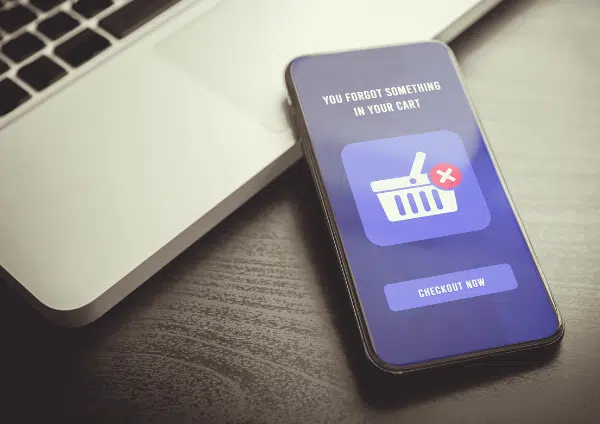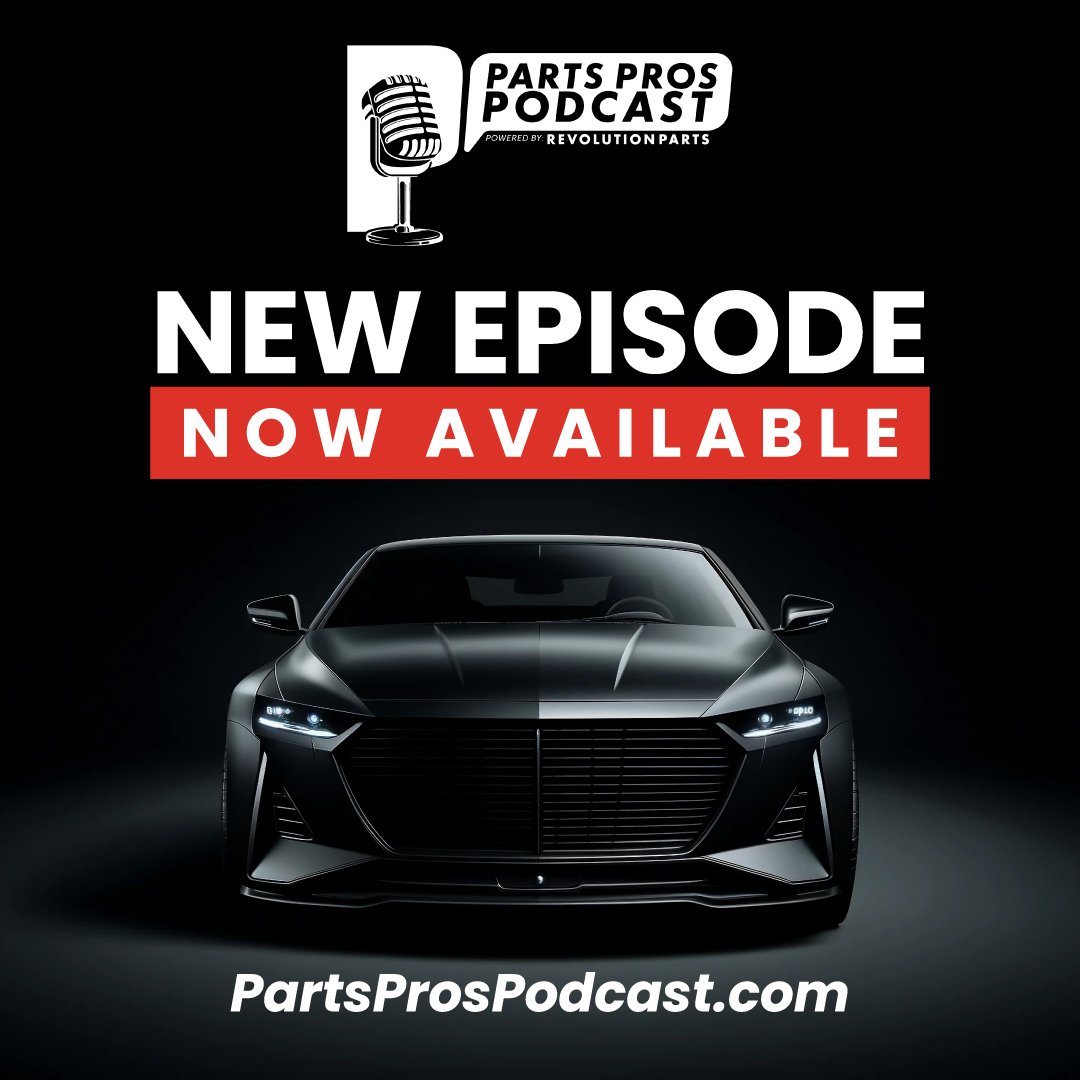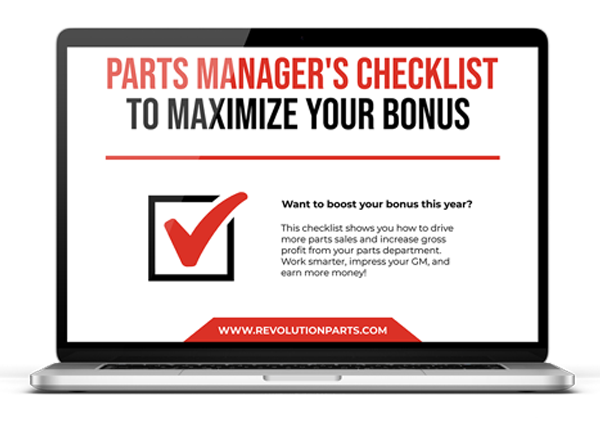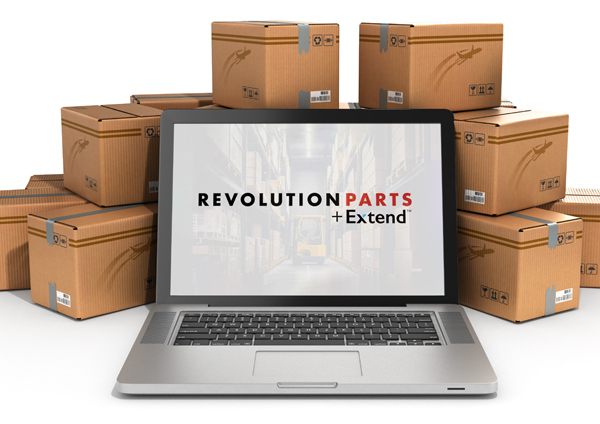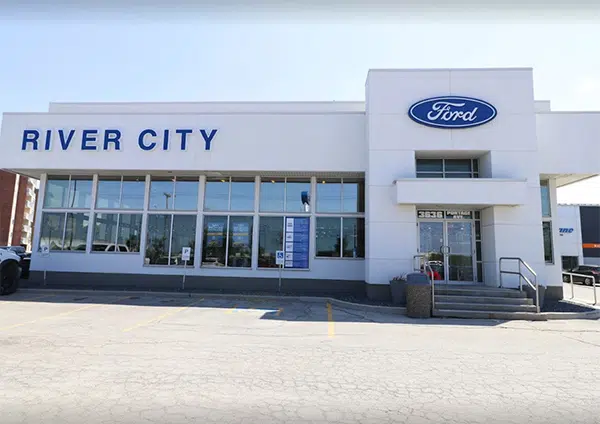Studies show that nearly 90% of customers abandon shopping carts and don’t complete their purchases. This phenomenon isn’t exclusive to traditional eCommerce; it also occurs in car dealerships, both in the context of online parts sales and more broadly when potential customers express interest in a vehicle, request a quote, or begin the financing process, but do not follow through with a purchase or dealership visit.
While it might seem like these are lost sales, that’s not necessarily the case. A customer who has expressed interest but has not completed a purchase or who has left items in their online cart is not always a lost opportunity. In fact, setting up an email strategy to re-engage these customers can be an effective way to reclaim potential sales.
As more and more customers turn to the internet to research and shop for vehicles and parts, it’s easy for a dealership to lose potential sales to competitors. That’s why follow-up email campaigns and abandoned cart recovery strategies are an essential part of the sales cycle for modern dealerships.
The question is, how do you set up a successful email campaign strategy to re-engage customers who have shown interest but have not yet made a purchase, or who have left items in their online cart?
Get Their Email
You can’t have an effective email campaign without anyone to email. Make sure the customer’s email address is saved automatically when they add parts to their online shopping cart, request a quote for a vehicle, or submit their contact information elsewhere on your site.
Often, you can request their email along with their billing address when they’re purchasing parts or requesting a quote. Just remember that most customers, especially first-time visitors, do not want to be forced to create an account. Most online shoppers will abandon their purchase if they need an account in order to continue. Give them options to “check out as a guest” or “save information for later.”
When you do ask for their email, ensure them that they will not be bothered by constant spam. Their email will only be used for order-related information or follow-ups on their expressed interest unless they choose to subscribe to a regular newsletter. You want to come across as a company they can trust. Constant emailing will automatically put you in their spam folder.
Act Fast
The majority of visitors to your website do intend to buy. Whether they’re adding parts to an online cart or expressing interest in a vehicle, most end up making a purchase elsewhere within 24 hours if they don’t complete the purchase on your site. This means you need to act fast. Timing matters.
If they abandon their cart, send the first email in less than an hour. Studies have shown that abandoned cart recovery emails of this nature get a 45% open rate. Close to 11% of customers will make a final purchase. Not only does quick timing help decrease bounce rates, but it also represents great customer service.
Start Simple
You don’t need to worry about the more sophisticated details immediately. It’s best to start simple and test the waters before jumping into complicated, personalized, and automated emails. Even a simple email reminder can still be effective, whether it’s reminding a customer about the parts in their online cart or the vehicle they expressed interest in, and it’s better than having no communication at all.
Once you’ve got a simple template established, you can start using it to test and refine your strategy. From here, you can start looking for trends among your abandoned cart customers. You can fine-tune different types of abandoned cart emails to better serve their interests.
Set Up Your Campaign
A standard three-part email campaign is a good building block. When setting up your email campaign, it’s important to adhere to a simple structure that you can refine through audience targeting.
The first email should be sent that same day. List the parts they left in their online cart or the vehicle they expressed interest in, and ask if they need help completing the transaction. Do they need technical help? Are they confused? Do they have any questions about the parts or vehicle?
Encourage them to contact customer support for clarification. Make sure to include useful information, like a link back to their cart or the vehicle listing, your parts department’s or sales team’s contact information, and details relating to the part.
The second email should be sent about 24 hours after the first one. Gently remind the customer that you are “holding” their items or that the vehicle they were interested in. Again, keep the information relevant, include contact details, and encourage communication.
During the second or third email, you can also remind the customer of any sales offers running at the time. For example, if your site offers free shipping on any order over $50 and your customer’s cart surpasses that, remind a customer that their order qualifies for free shipping. Or, if there are any special promotions or financing deals available for the vehicle they’re interested in, make sure to mention those.
The third email should be sent between five and seven days after the second email. This email is a “last chance” to claim their items or to take advantage of any special offers related to the vehicle they’re interested in. You can give a follow-up offer like a discount on large orders or free shipping (if not already offered), but you don’t want your customers to expect a discount before buying. This might be something you save for your most loyal customers.
This is the step in the process where you can experiment with your messaging. Determine what call to action resonates best with your customers. Identify good email subject lines and email copy that improves customer experience.
Track Your Metrics
It’s not enough to send out these emails and hope for the best. It’s essential to measure and track your results. Realize that some strategies will work better than others for certain customers, whether they’re abandoning carts or expressing interest without following through.
Experiment with the timing of when emails are sent out. Maybe you’ll find that a third email within five days works better than seven days. Does it help if you include images? Does it help if you change the email subject line? How about offering a small discount in the second email and a larger one in the third?
Don’t be afraid to test different strategies based on this information. How many soft bounces occurred? Did certain email copy increase opens of specific campaigns? How large or small was your email list? Understanding your email marketing metrics will help you craft better campaigns in the future.
Don’t Lose Sales on Full Shopping Carts
Capturing customers that are ready to buy doesn’t have to be a challenge. Whether they’ve filled an online shopping cart with parts or expressed interest in a vehicle, with the right strategy in place, you can recover abandoned cart customers, turn them into repeat buyers, and boost your parts sales.
Capturing their business is only half of the battle. Keeping them happy is the other half. How can you ensure that your customer satisfaction rate is at its peak performance? Get our free checklist to increase CSI scores in the dealership and streamline your customer service.

